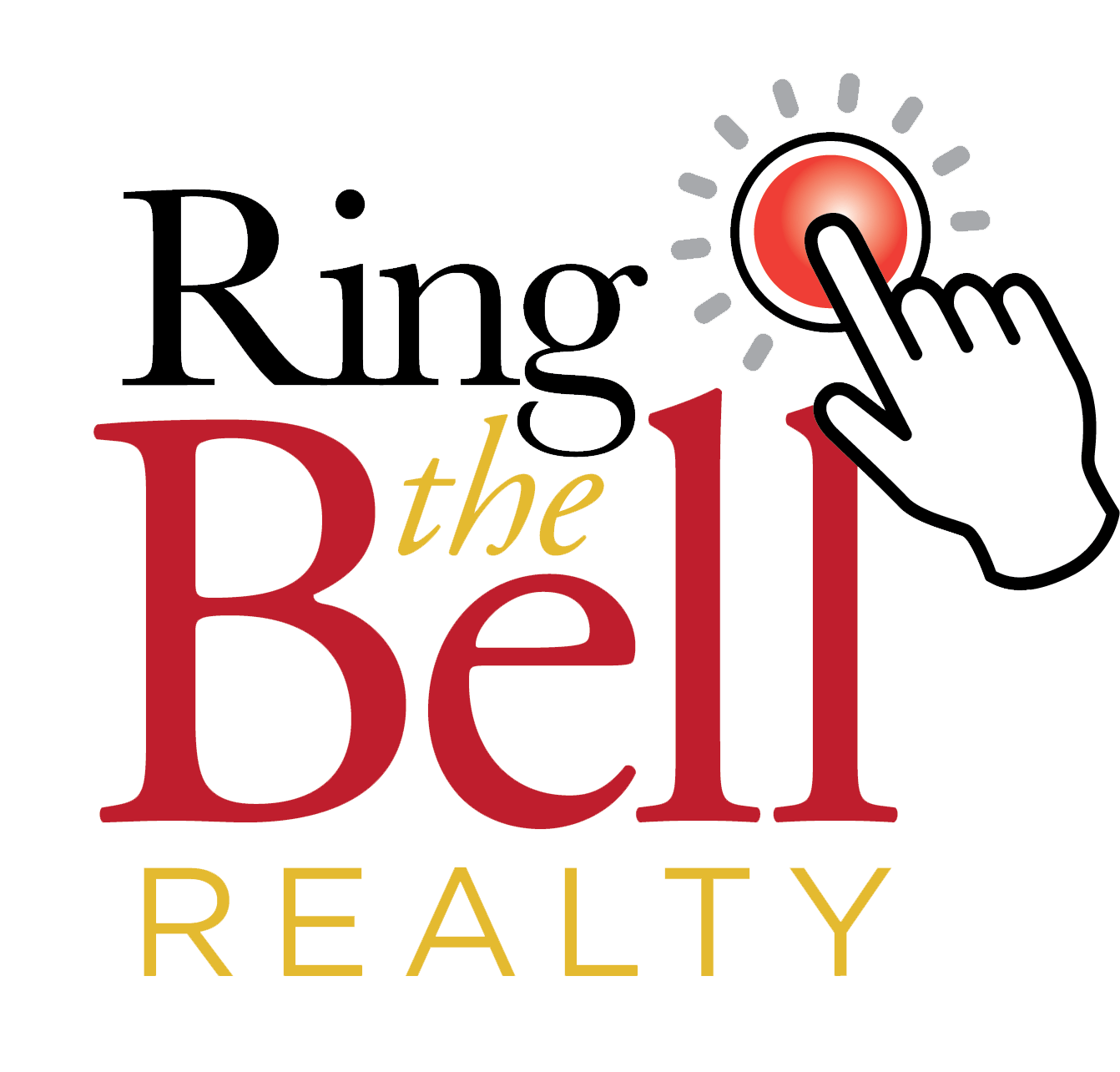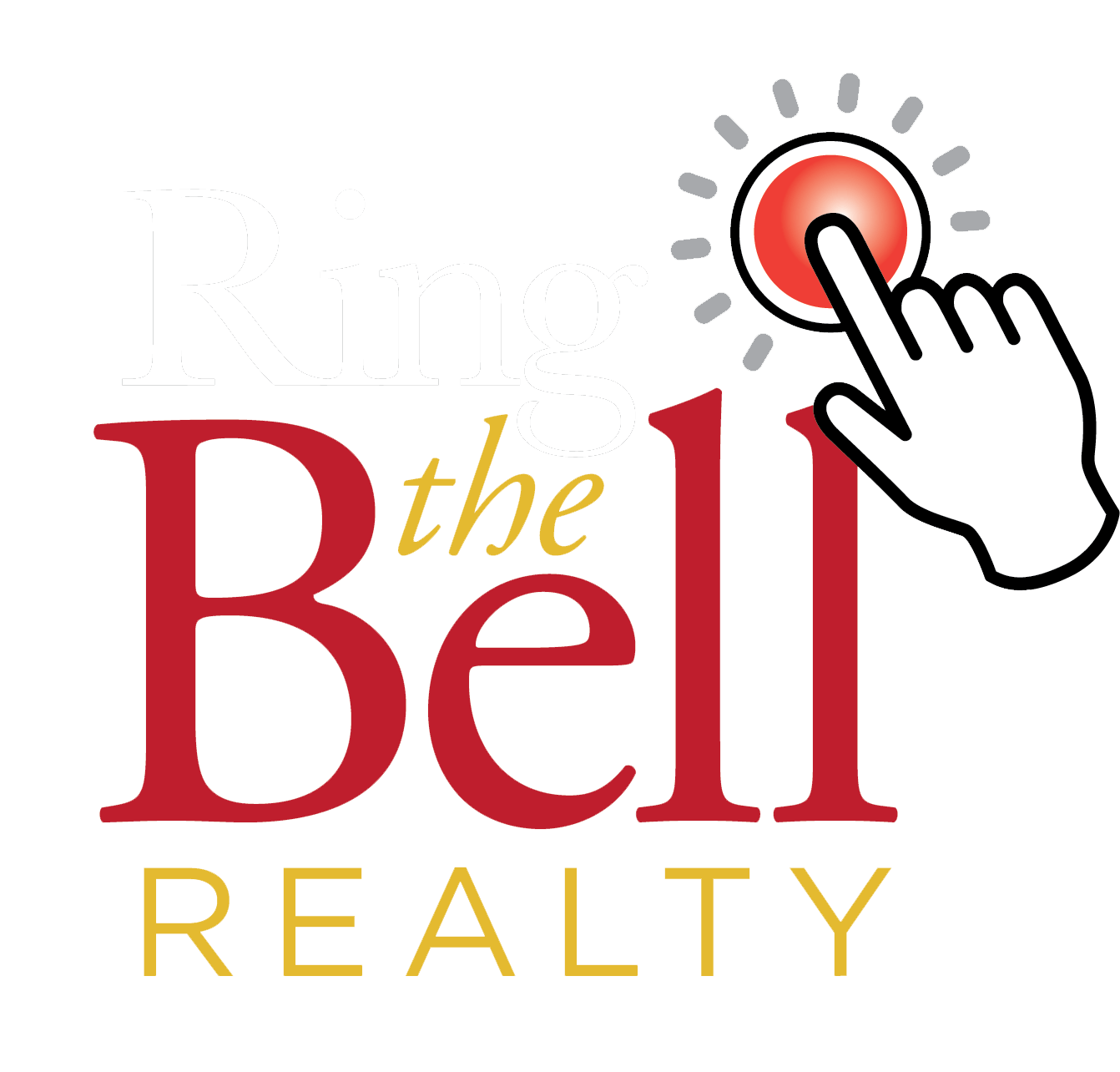First Time Buyers Guide
First Time Buyers Guide

Prequalifying Yourself
You don’t want to wait until you've found the house you want to buy before you find out how large a mortgage you’re eligible for. Take the guesswork out of the process by getting “pre-qualified” for a loan before you even start house hunting.
Lenders’ Qualifying Guidelines
Mortgage lenders use two qualifying guidelines to determine what size mortgage you are eligible for:
● Your monthly costs (including mortgage payments, property taxes, insurance and if applicable HomeOwners Association Dues or
Cooperative Fee) should total no more than 28% of your monthly gross before-tax income.
● Your monthly housing costs plus other long-term debts should total no more than 36%of your monthly gross income.
Basically, your mortgage lender is saying that a household should spend not more than 28% of your income on housing and not more than 36% of its income on total indebtedness (housing and other debts). Lenders feel that if they follow these guidelines, homeowners will be able to pay off their mortgages fairly comfortably with no worries about a loan default or foreclosure.
How to Buy the Right House
Enlist the help of a professional Real Estate Broker who will act as a Buyers Agent representing your interests. A Real Estate Broker can provide you with a broad range of services including the following:
● Use your “wish list” to generate an on-line guide to houses that meet your specifications.
● Your Buyers Agent will show you houses that meet your requirements.
● Your Agent will provide you with information about the
communities, including what homes sell for in the area, building code regulations and availability of community services.
● Present your offer to the seller, advise you regarding the real estate settlement process, and give out information of a list of home inspectors
in the area along with appraisers and closing attorneys.
How can You Increase Your Borrowing Power
Reduce your existing long-term debt. Save for a bigger down payment to decrease the amount in borrowing from lending. look for other financing options that result in a lower monthly mortgage payment.
Your Credit Record
In addition to going through the prequalification process, there is one more thing you can do and should do that can help to ensure the loan application process will go smoothly and that is to check your credit ahead of time for any inaccurate errors. Unfortunately, sometimes credit Reports are inaccurate or give a misleading picture of past credit problems that have since been resolved.
Correcting an Erroneous Credit Record
To avoid any unpleasant surprises, you should obtain a copy of your credit report right away. You don’t want to take the chance that you could be denied a mortgage on the basis of erroneous credit reporting. If you find any errors, you will have a chance to get your credit report corrected before you apply for a mortgage. If you have any unresolved dispute with a creditor, the credit agency must include your explanation of the situation in future credit reports. By law, most unfavorable credit information must be dropped from your credit file after seven years. Bankruptcy stays on your credit report for ten years from the date of settlement.
Types of Mortgages Available
Ask your loan originator what type of loan you qualify for.
● For example, a 95%, 30 year, fixed rate mortgage with a 5% down payment of the purchase price is called a 95% Conventional loan. Fixed
rate mortgages may be preferable because your monthly principal and interest payment is fixed for the life of the loan. Only exception that can change is an increase in property taxes and insurance premiums.
● If you are in the need of a lower initial interest rate to help you qualify for a larger mortgage amount a one year, three year or five year ARM
comes with a lower initial monthly principal and interest payment that will increase steadily over the years.
● FHA is a Federal Housing Administration for 1st time buyers and repeat buyers. It is one of the easier loans to qualify for with a credit score
as low as 580 with a 3.5% down payment. This is an insured loan by the USA Government.
● VA Loan is a Department of Affairs that can allow you to buy a home with $0 down with a lower interest rate. Available for those who served
in the military. This is also a loan insured by the USA Government
● Freddi Mac operates in the USA 2nd mortgage market by pooling the mortgages they buy into security notes which are then sold to
investors around the world. Requirement for the debt-to-income ratio can go as high as 43% or 50%. Credit score acceptance as low as 640
or 620 with a 3% down Payment.
● Fannie Mae is the most common mortgage for buying or refinancing a home. The program offers a long term fixed rate loan aimed at
making home ownership more affordable. It requires a 3% down payment as long as the house is the primary residence. Gift funds are
allowed from family members. Minimum credit score as low as 620 with a higher down payment.
Required Documentation
You will speed up the loan processing if you bring the following documents with you to the loan interview:
● The purchase contract for the house.
● Three months of bank statements, account number and the address of your bank branch.
● Two pay stubs, W-2 forms for the past two years, or other proof of employment and salary. If you are self-employed, balance sheets, tax
returns for the past two years and a year-to-date profit and loss statement.
● Information about debts, including all loans and credit card numbers, names and addresses of your creditors.
● Evidence of your mortgage or rental payments, such as canceled checks or money order receipts.
Processing Time
Typically loan approvals take anywhere from 30 to 45 days. Most lenders promise a very short approval time provided there are no complications.
Closing Costs
Most mortgage lenders charge an origination fee, credit report appraisal and survey fee. There is a fee for the attorney, cost of a title search, title insurance and document preparation fee.
Escrow Requirement
Your mortgage lender will include the cost of property taxes and insurance in your monthly payment. Typically, this is a two month payment collection at closing.
Appraisal Contingency
When you apply for a loan, all mortgage lenders will require a professional appraisal of the market value of the property. The appraised value of the house determines how large a mortgage the lender will be willing to give you. If the appraised value is lower than the agreed upon purchase price, this contingence gives you the right to withdraw your offer.
Mortgage Insurance
Mortgage insurance protects the lender in the event the buyer fails to repay a loan. Loans can be either insured by the government or by a private mortgage insurer. This enables the home buyer to purchase a home with a lower down payment.
Homeowners Insurance
Mortgage lenders will require you to purchase a homeowners or hazard insurance policy to protect you and the lender from loss in the event the house is damaged or destroyed in a fire or storm.
Title Search
Mortgage lenders also require a title search to prevent fraudulent sales. This verifies the seller is indeed the owner of the property. The title search attempts to uncover any encumbrances on the title. This includes liens, legal claims against the property filed by creditors in an attempt to collect unpaid bills, as well as liens filed by the IRS for nonpayment of taxes. Any such claims against the property must be paid before or at closing. The buyer typically pays for the title search.
Title Insurance
As further assurance that the seller is giving the buyer a “marketable title”, mortgage lenders require that a title insurance is to be bought. There are two types of policies and you should get both.
● A lender's policy
● An owner policy
The lender's policy protects the lender in the event there is a flaw in the title that is detected after the property has been bought. The owner's policy protects you. Generally the buyer pays the cost of both.
Survey
A survey may be required of the property before closing. This is done to confirm the properties boundaries are as described in the purchase and sale agreement. This is another charge that is normally paid by the buyer.
Home Owners Warranty
If you are buying a new house, you may be able to get a homeowners warranty that protects against certain defects in your home. Both the homeowners warranty and a certificate of occupancy should be provided at closing. Recently, homeowners warranties have become available for older homes as well, typically covering repair of the major systems during the first year of ownership. If you are considering buying such a policy be sure to carefully see which potential problems are covered and which are excluded.




